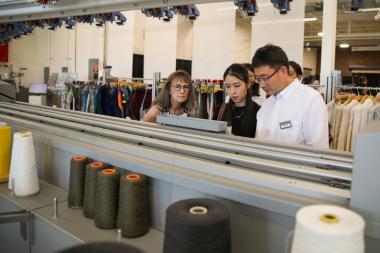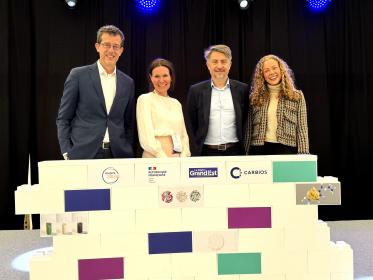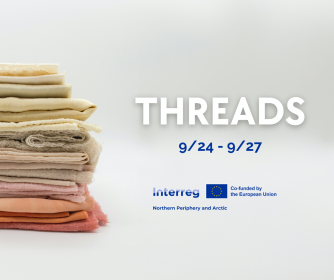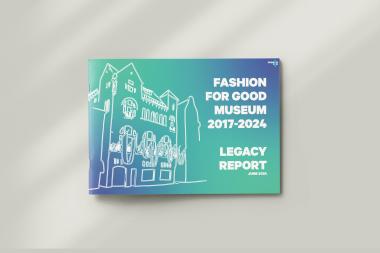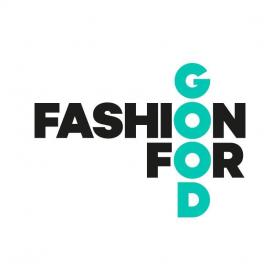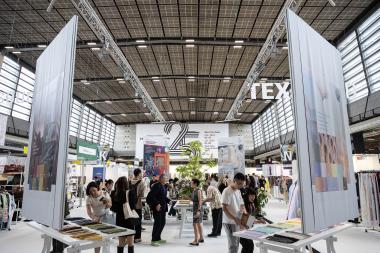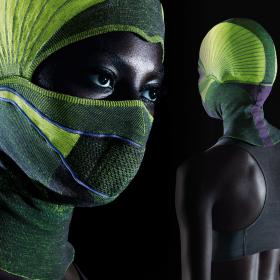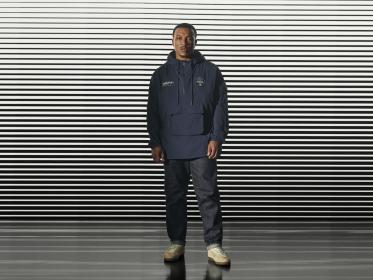Final Report of Texworld Apparel Sourcing Paris
The summer edition of Texworld Apparel Sourcing Paris welcomed nearly 1,200 exhibitors from 26 countries. This season event was characterised by a number of new features and the dynamics remained satisfactory. Next event: February 10, 2025, in a partially renovated Paris-Le-Bourget exhibition centre for a session rich in initiatives.
The latest edition of Texworld Apparel Sourcing Paris, offered in its full version with the Avantex and Leatherworld sectors, ended on July 3 with attendance levels down on the July 2023 session. Over and above a possible "Olympic Games effect" and its consequences on transport and accommodation costs in the capital, the current economic situation is prompting the show's organizers to explore all alternatives to adapt the offer to market demand. However, these results do not seem to have had any impact on the flow of business between visitors and exhibitors, who reported a fairly positive overall climate.
The dynamic on the booths remained steady and the exchanges satisfactory, as shown by several manufacturers particularly well established on the European market. Indian shirt manufacturer Sheraton Apparel, for example, made around thirty solid contacts over 3 days, and reported several serious approaches to African distributors. The same goes for SMIT, a Turkish company specialising in Made in Turkey sourcing, which was able to see its main European customers and open up new contacts with Canadian and Brazilian buyers.
An expanded offering
At the Near Sourcing Hub, the phygital sourcing space connected by QR Code to the B2B digital platform of Messe Frankfurt France partner FourSource, inquiries to exhibiting companies remained much the same as in 2023. The visitor profile, on the other hand, focused on buyers from networks of small multi-specialist boutiques looking for an original mid-to-top-range offering. It was in response to this market demand for differentiation that the show organizers decided to extend Apparel Sourcing's range to include new categories in the fashion accessories sector, such as jewelry and bags.
High-profile initiatives
Other innovations were also on show this summer. The yarn pavilion - a first conceived in collaboration with Yarn Expo, originally a Shanghai show run by Messe Frankfurt - showcased the expertise of Chinese, Indian, Pakistani and Taiwanese companies, while at the same time highlighting upstream products and services. At Avantex, where some twenty suppliers of solutions for more sustainable fashion were grouped together, the new Designer Hub enabled designers and buyers to discover some original initiatives, such as that of stylist Jean-Luc François' association, supported by Messe Frankfurt's Texpertise network, which trains people who are far from employment, or the 3D design studio Scotomalab.
Materra wins 2024 Avantex Fashion Pitch award
The Avantex Fashion Pitch jury has awarded the 2024 prize to Materra. This British start-up, founded in 2019, designs solutions to support the cotton cultivation adapted to climate change. At the other end of the chain, it offers brands a service designed on a Cotton-As-A-Service model that encourages them to source from the producers it supports. Materra will benefit from a €2,800 stand at Avantex Paris 2025 donated by Messe Frankfurt France, plus €2,000 from Texpertise Network, the textile sector network of the Messe Frankfurt Group, and 1 year's incubation at Foundry donated by IFA Paris, official partner of the competition.
A trendy area at Leatherworld
New for 2024, the Leatherworld sector inaugurated its Leather Trend area, developed in collaboration with publisher Edizioni AF and the Arsutoria School design centre. Designed around the expertise of Italian companies specialising in the manufacture of leather shoes and bags, this inspirational space presented the autumn-winter 25-26 trends through 4 creative axis built around the expression of simplicity, nature, dynamism (sportswear collections) and finally romanticism. Leather Trend was also an opportunity to discover the new leather tanning technology developed by Ecotan, which avoids the use of metals (Chrome) and chemicals in the leather preparation stages thanks to the use of vegetable tannins.
Messe Frankfurt France










